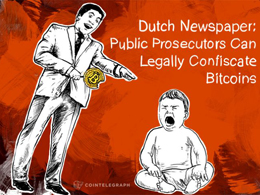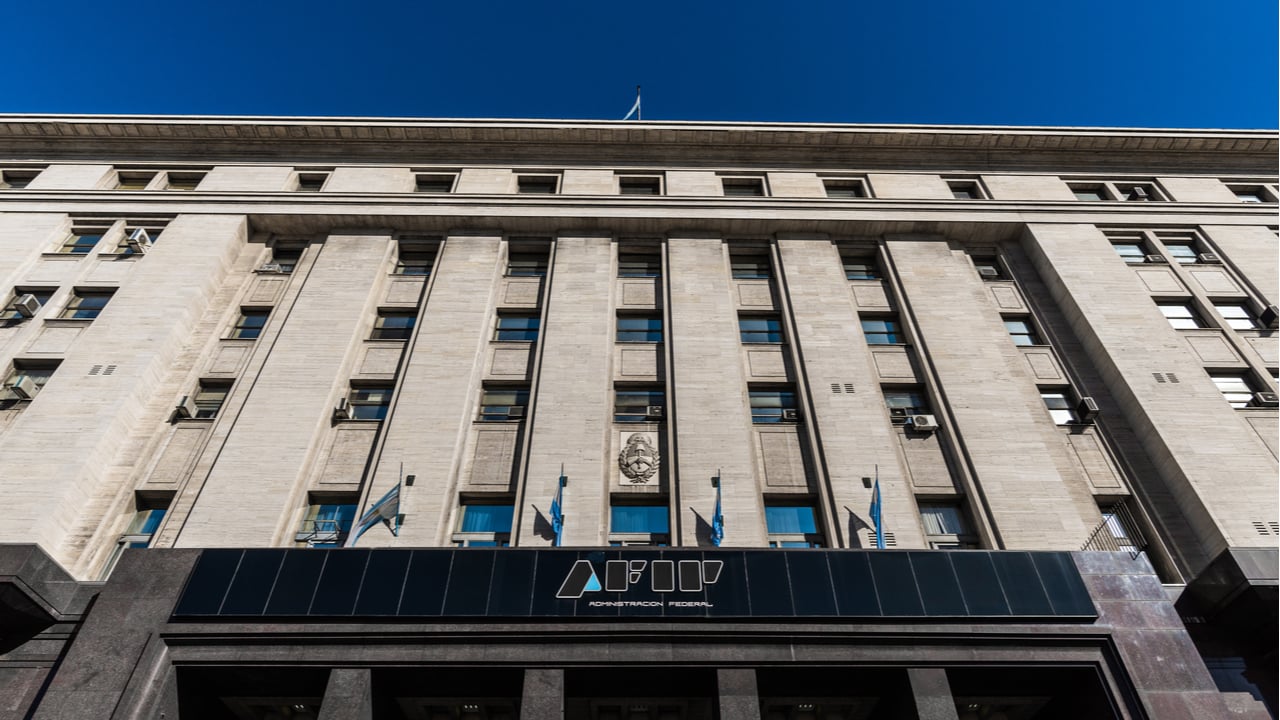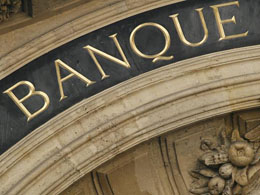
Dutch Legal Service Given Authority to Confiscate Bitcoins
A criminal justice service based in the Netherlands has been granted the power to confiscate digital currency holdings. As originally reported by Dutch newspaper Trouw, the Openbaar Ministerie, a national public prosecution service within the judiciary, now has the legal ability to seize the contents of bitcoin wallets from suspected or convicted criminals. It can also sell acquired bitcoins for fiat currencies soon after they are confiscated. According to DutchNews, citing original reports, the Openbaar Ministerie has already used this power to sell several hundred thousand euros worth of....
Related News
It is being reported by DutchNews.nl (via Trouw) that the Dutch Public Prosecution Service (also known as Openbaar Ministerie) now has the authority to seize virtual currencies like bitcoin from criminals and hold it in their own wallets. They can also take the digital currency belonging to a suspect as part of an ongoing investigation. Of course, there are the 'bad guys' who think bitcoin and digital currencies are a great way to store money because these transactions can be difficult to trace, but that's apparently not the case here. Trouw (paywall) states that while it's legally more....
It looks as if it’s already time to update Monday’s assessment of the Netherlands as one of Europe’s Bitcoin centers. According to Dutch newspaper Trouw [NL and paywall], the country’s Openbaar Ministerie, or public prosecution office, can take a suspect’s digital currency and put it in a new wallet as part of an investigation. “Once the bitcoins have been transferred to the justice ministry they are immediately cashed in. So far several hundred pieces of the virtual currency have been confiscated, worth several hundred thousand euros.”
The Argentinian Tax Authority (AFIP) will now be able to confiscate the assets that taxpayers have in digital wallets if they have debts with the organization. The recommendation for attorneys of this institution to include these digital accounts was made last year, but the execution of debt collection was suspended during the Covid-19 pandemic period. However, these procedures started being executed on January 31.
Argentinian Tax Authority Eyeing Digital Wallets
The AFIP, the Argentinian Tax Authority, has included funds in digital wallets as one of the assets that can be....
The Dutch government is trying to make it easier to launch a criminal investigation against persons who use bitcoin to launder money from illegal activities, according to Financieele Dagblad, a Dutch newspaper. Dutch investigators have discovered criminals are shielding activities using “bitcoin mixers.” A bitcoin mixer is a grab bag with bitcoins of several owners. The bitcoins paid out from the bitcoin mixer cannot be traced back to the original owner. Bitcoin And Money Laundering. The FIOD, the investigative arm of the Dutch tax authority, wishes to have the bitcoin mixers recognized as....
The French Prudential Supervisory Authority (ACPR), which regulates the nation's banks, has issued a statement clarifying the status of bitcoin and bitcoin exchanges in the country. In addition to the standard list of concerns and warnings, the regulator points out that anyone operating a bitcoin exchange in France must have a license. The ACPR has now adopted the position that intermediation in the sale or purchase of bitcoins, or receiving funds to transfer bitcoins, requires the seller to be treated like any other payment service. This means any exchange will have to be approved by the....





